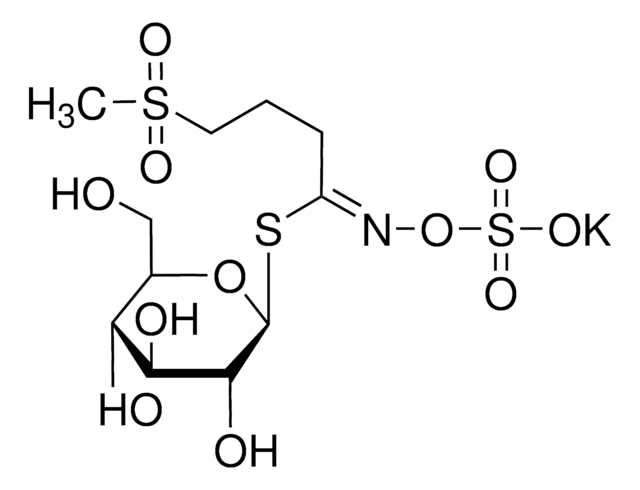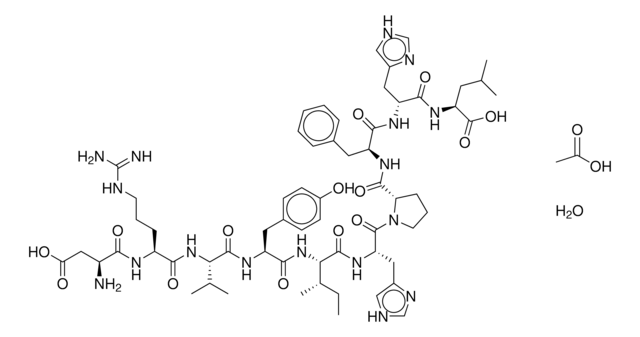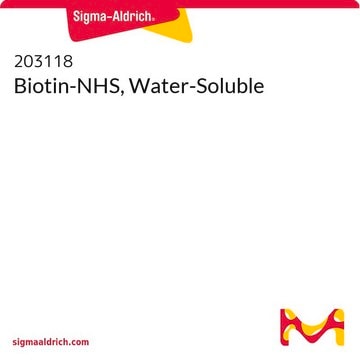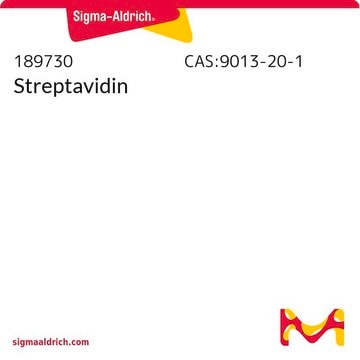QBD10009
Biotin-dPEG®4-TFP ester
Synonym(s):
Polyethylene glycol
About This Item
Recommended Products
Assay
>90%
form
solid or viscous liquid
reaction suitability
reaction type: Biotinylations
reaction type: Biotinylations
reactivity: amine reactive
reagent type: cross-linking reagent
polymer architecture
shape: linear
functionality: monofunctional
shipped in
ambient
storage temp.
−20°C
SMILES string
O=C(CCCCC1SCC(N2)C1NC2=O)NCCOCCOCCOCCOCCC(OC3=C(C(F)=CC(F)=C3F)F)=O
InChI key
XBGOXOZYGAXNFP-UHFFFAOYSA-N
Application
Features and Benefits
Legal Information
Storage Class Code
11 - Combustible Solids
WGK
WGK 3
Flash Point(F)
Not applicable
Flash Point(C)
Not applicable
Choose from one of the most recent versions:
Certificates of Analysis (COA)
Sorry, we don't have COAs for this product available online at this time.
If you need assistance, please contact Customer Support.
Already Own This Product?
Find documentation for the products that you have recently purchased in the Document Library.
Customers Also Viewed
Our team of scientists has experience in all areas of research including Life Science, Material Science, Chemical Synthesis, Chromatography, Analytical and many others.
Contact Technical Service
















